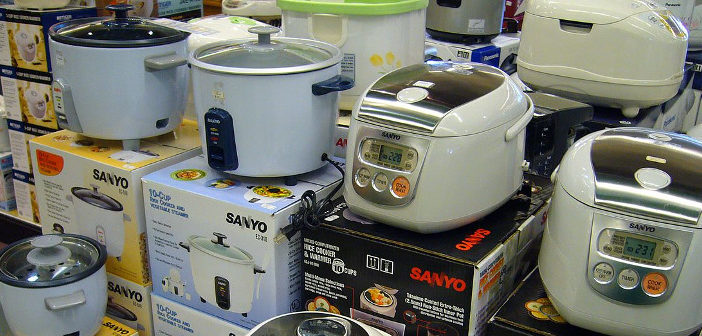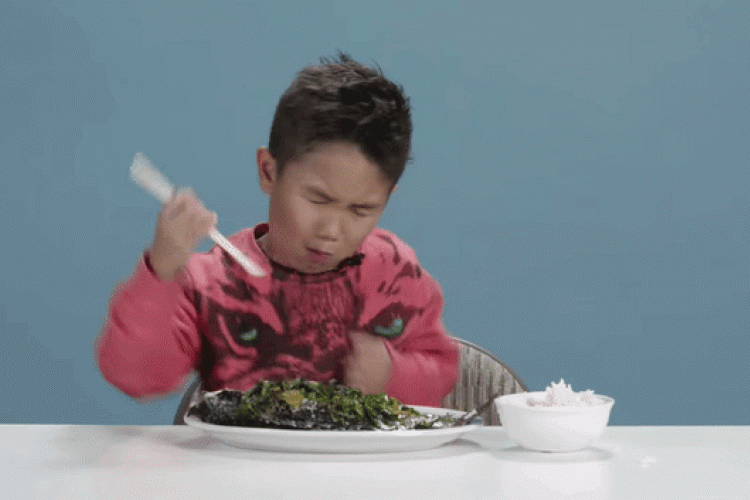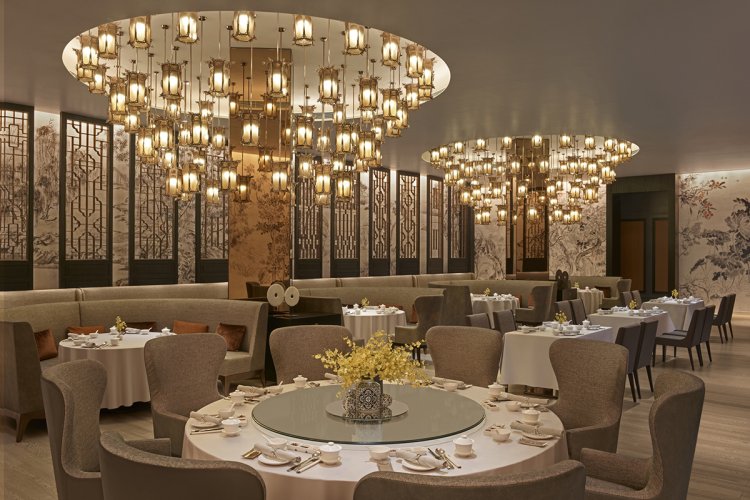Is Your Rice Cooker Poisoning You?
Food safety concerns in China are nothing new. However a recent experiment has demonstrated that a mainstay of Asian kitchens – the rice cooker – may be leaving dangerous levels of arsenic in our diet.
Arsenic is a toxic metal which occurs naturally in two forms: organic and inorganic. Rice absorbs high levels of the more dangerous inorganic form because it grows in water. Until recently it was believed that cooking would remove these toxins from your food. How you cook it, though, turns out to be critical.
Presenters on the BBC TV program Trust Me, I’m a Doctor cooked rice three different ways, then tested the amount of arsenic in the resulting meals. They found that “steaming out,” the method used by rice cookers, eliminates virtually none of the arsenic, because the water in which it’s cooked is all reabsorbed. The only safe method, they concluded, is to soak the rice overnight, boil it in five parts water to one part rice, then wash it before serving. Unfortunately, this also has the effect of removing nutrients from the rice.
The type of rice used matters too, but not in the way you might expect. Organic rice has just as much arsenic as conventionally grown rice, and “healthy” brown rice has more. Rice cakes and crackers contain double the dose. Only basmati rice offers naturally lower levels of the poison.
This news follows recent concerns that the non-stick coating on rice cookers can release dangerous chemicals if it gets scratched. Many scientists now recommend that we stop buying non-stick pans altogether, because when thrown out they end up on landfills, leaching toxic chemicals into the environment.
So is it time to abandon this much-loved kitchen staple, and resign ourselves to soggy, but arsenic-free, rice? Or will Asia respond as much of the west did when bacon was officially classed as a carcinogen, and conclude that some risks are worth taking, if life is to be worth living?
This post first appeared on our sister website beijingkids.
Photo: Wikimedia Commons







